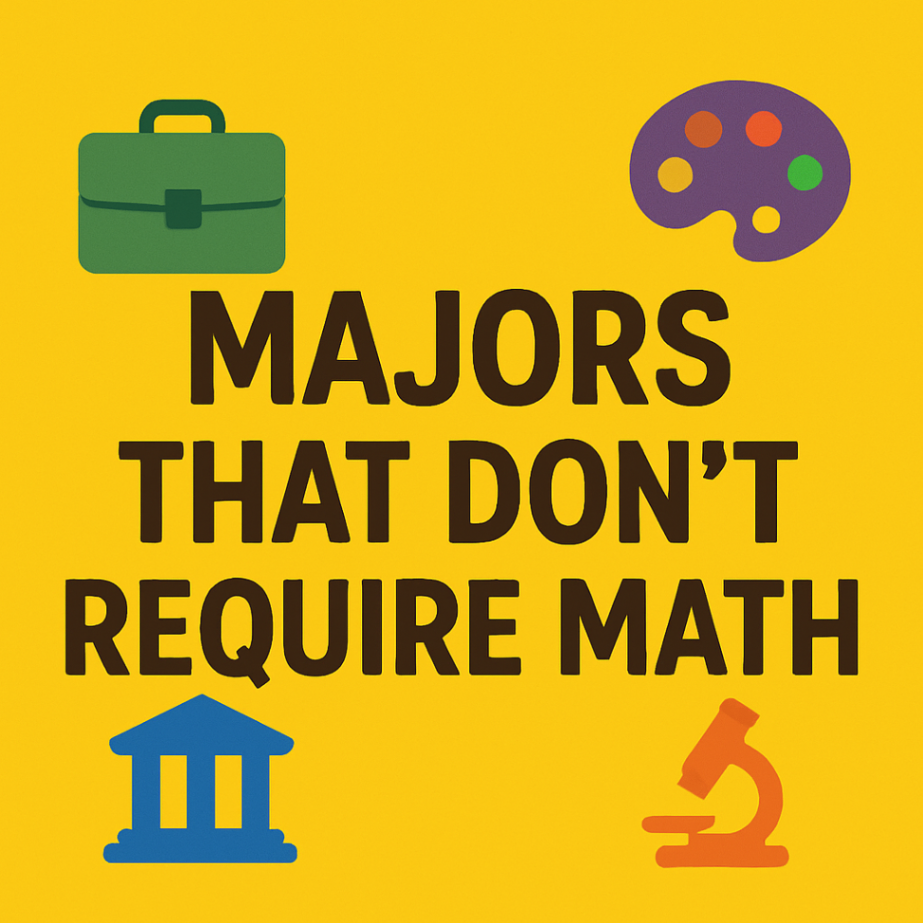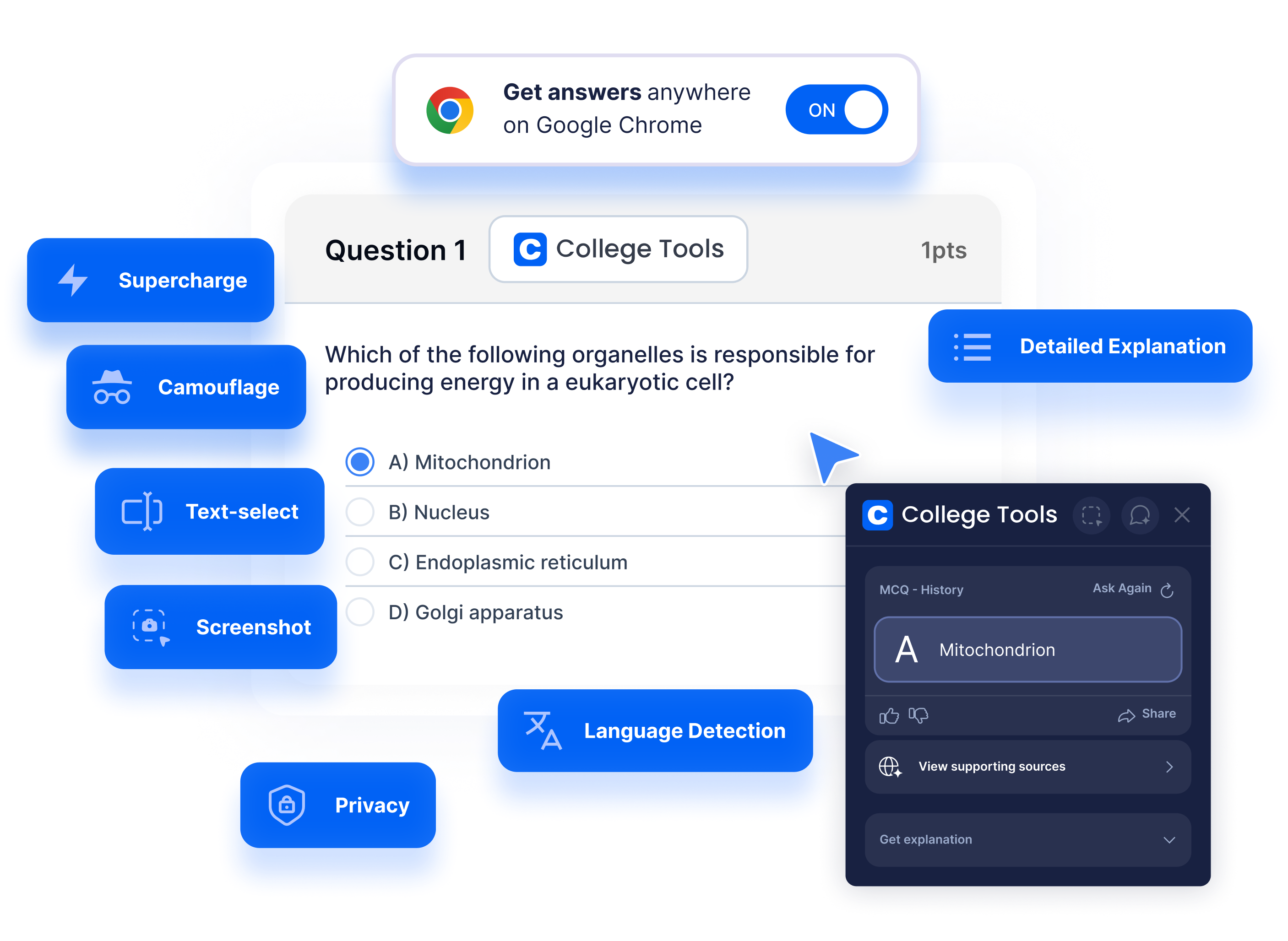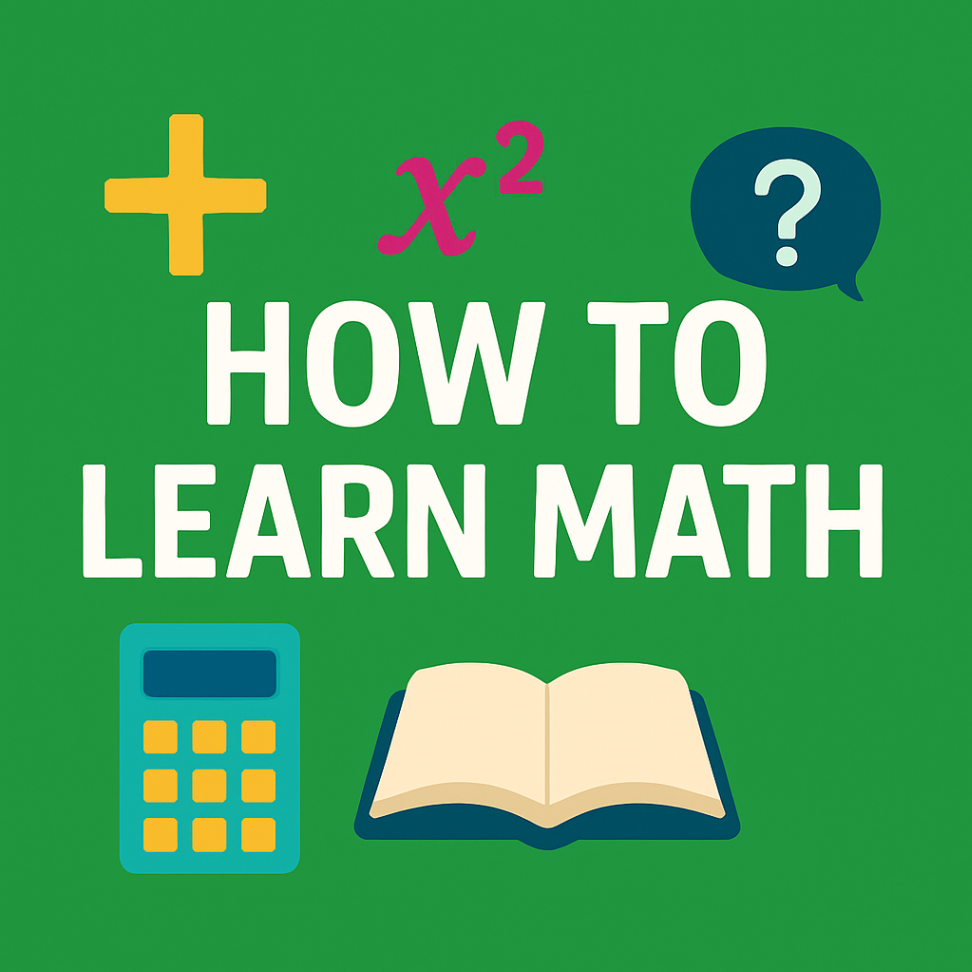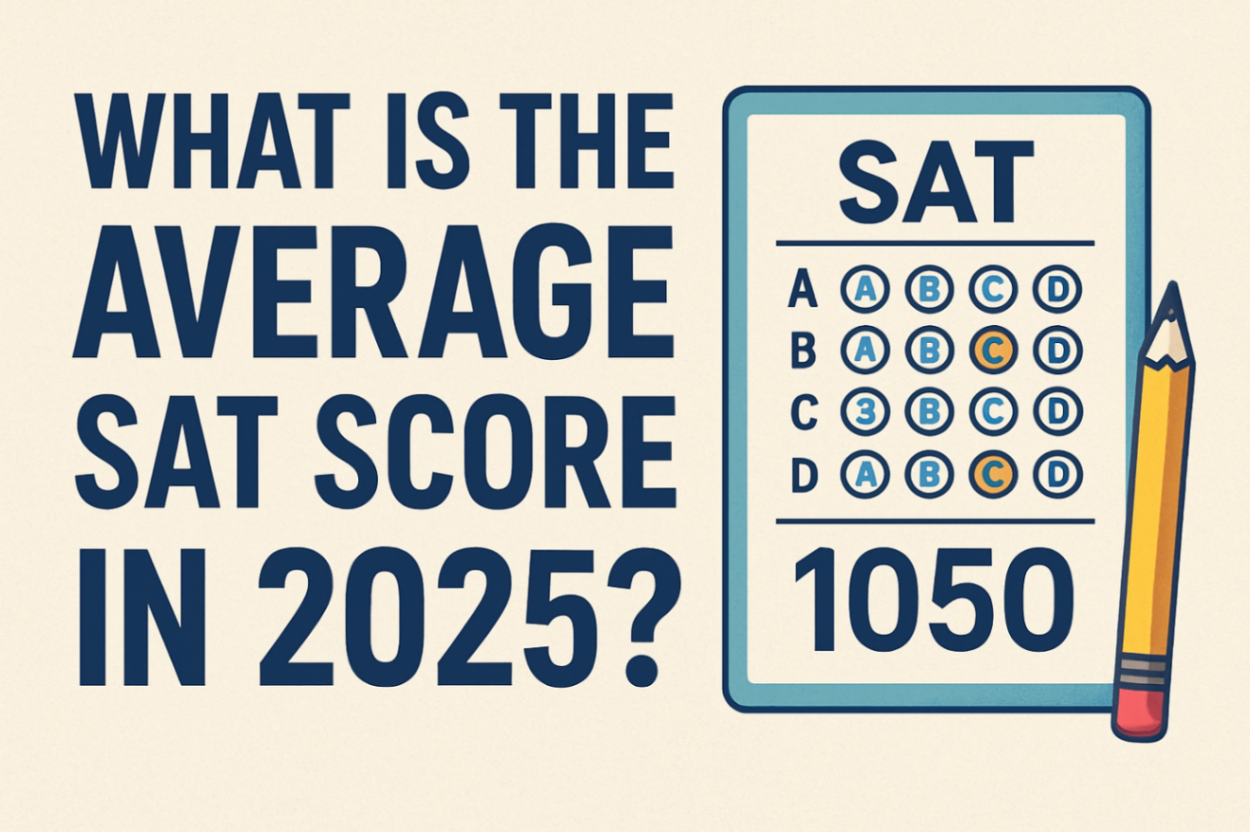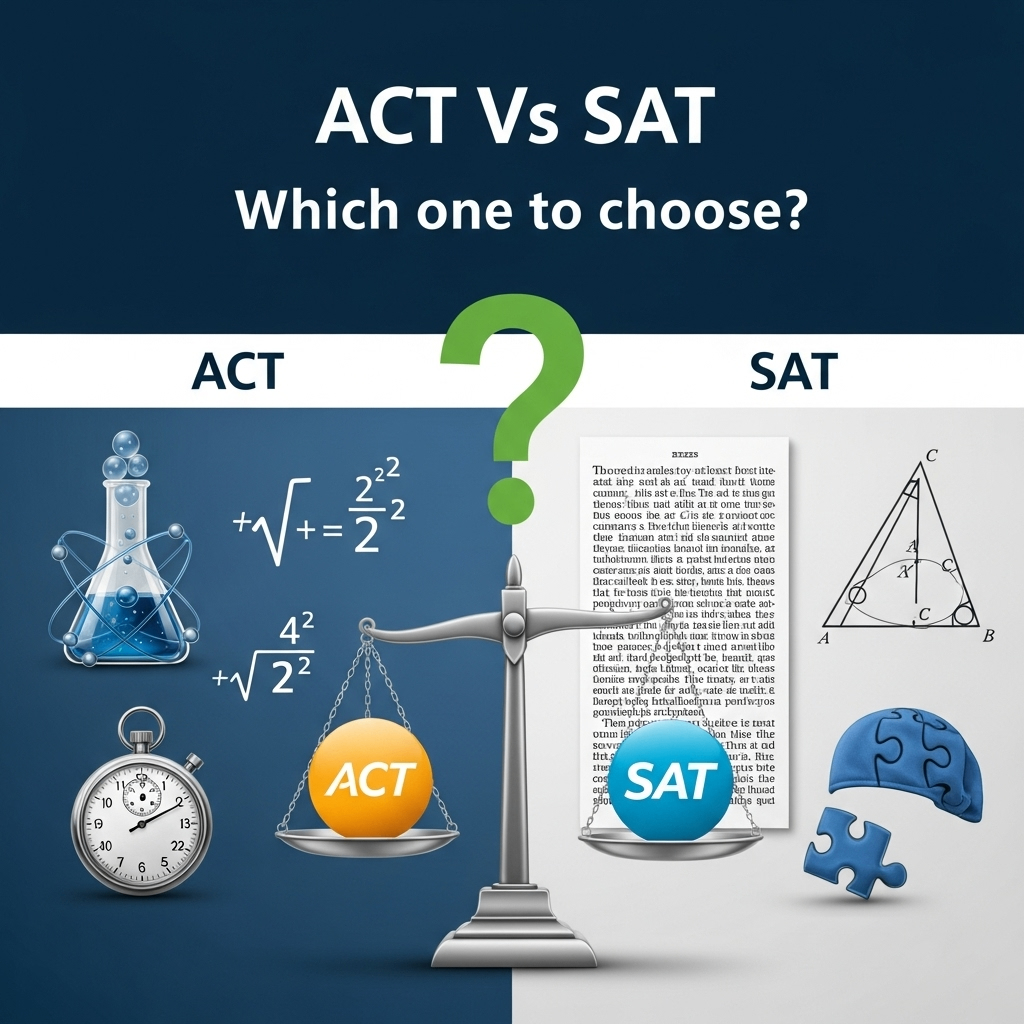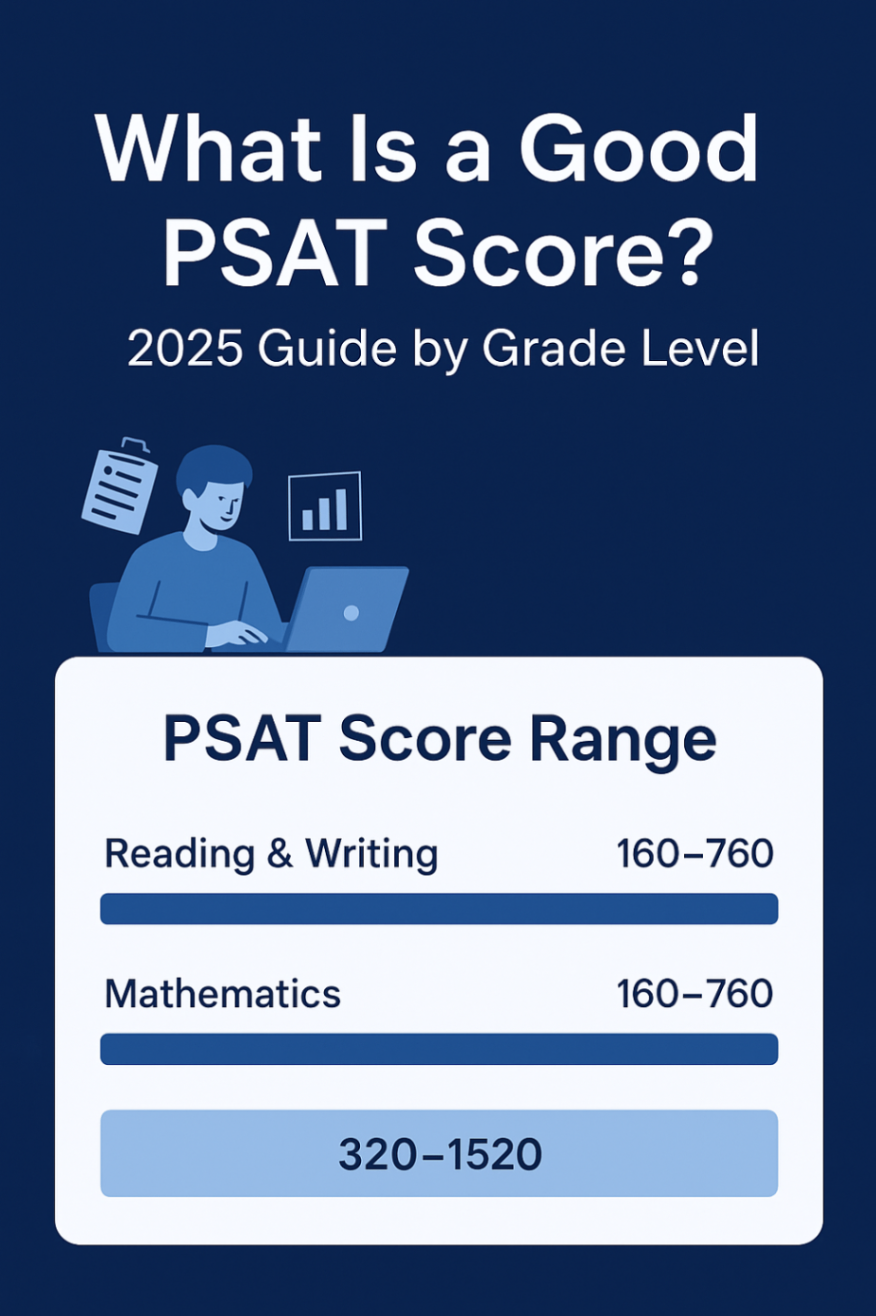Table of contents
- Understanding Math Requirements in College Programs
- High Paying Majors That Don't Require Math
- Good Majors That Don't Require Math: Liberal Arts and Humanities
- Creative and Artistic Fields
- Business Majors That Don't Require Math
- Best Majors That Don't Require Math for Career Flexibility
- Majors in College That Don't Require Math: Specialized Programs
- Tips for Success in Non-Math Majors
- Overcoming the Stigma Around Non-STEM Careers
- Making Your Decision
Choosing a college major can feel overwhelming, especially if mathematics isn't your strongest subject. The good news is that there are numerous majors that don't require math while still offering excellent career prospects and earning potential. Whether you're passionate about creativity, communication, or helping others, this comprehensive guide will help you discover fulfilling academic paths that align with your strengths.
Many students believe they're limited to low-paying careers if they want to avoid extensive mathematical coursework. This misconception couldn't be further from the truth. In fact, some of the most rewarding and well-compensated careers stem from fields that emphasize critical thinking, creativity, and interpersonal skills rather than numerical calculations.
Understanding Math Requirements in College Programs
Before diving into specific majors that don't require math, it's important to understand what "math-free" really means in higher education. Most colleges require some level of mathematics as part of general education requirements, but this typically involves basic algebra or statistics rather than advanced calculus or complex mathematical theory.
The key is choosing programs where mathematical skills aren't central to your major coursework and future career success. When you do encounter mathematical concepts during your studies, tools like a Math AI Solver can help you understand and complete required assignments, allowing you to focus your energy on developing the core skills that matter most for your chosen field.
The Difference Between General Education and Major Requirements
Most college majors that don't require math as a central component still include basic mathematics in their general education requirements. However, many schools offer alternatives like "Mathematics for Liberal Arts" or allow students to fulfill math requirements through logic, statistics, or computer literacy courses that feel more manageable and relevant.
High Paying Majors That Don't Require Math
Contrary to popular belief, there are numerous high paying majors that don't require math that can lead to lucrative careers. These fields typically emphasize skills like communication, critical thinking, creativity, and relationship-building rather than numerical analysis.
Healthcare and Human Services
Nursing stands out as one of the most stable and well-compensated careers available. According to the Bureau of Labor Statistics, registered nurses earn a median annual salary of $81,000, with excellent job security and growth prospects. While nursing programs require basic math skills for medication calculations, the focus is on patient care, anatomy, and clinical skills rather than advanced mathematics.
Psychology majors can pursue careers in counseling, therapy, and mental health services. These fields are experiencing significant growth, with counseling jobs expected to increase by 7% over the next decade. The mathematical requirements are minimal, typically limited to basic statistics courses that focus on research methodology rather than complex calculations.
Communication and Media Fields
Communications and Public Relations professionals earn competitive salaries while working in dynamic, people-focused environments. Public relations specialists, advertising managers, and corporate communications directors can earn substantial incomes by leveraging their writing, strategic thinking, and relationship-building skills.
Journalism and Media careers continue to evolve with digital platforms, offering opportunities in content creation, digital marketing, and multimedia storytelling. While traditional print journalism faces challenges, digital media roles often command impressive salaries for skilled professionals.
Good Majors That Don't Require Math: Liberal Arts and Humanities
Good majors that don't require math often fall within the liberal arts and humanities, offering rich academic experiences that develop critical thinking, communication, and analytical skills highly valued by employers across industries.
English and Literature
English majors develop exceptional writing and analytical skills that translate into numerous career paths. From technical writing and content marketing to publishing and education, English graduates often find themselves in high-demand roles that emphasize creativity and communication over mathematical prowess.
Career opportunities include content strategists, grant writers, editors, and communications specialists. Many English majors also pursue careers in law, where strong writing and analytical skills are far more important than mathematical ability.
History and Political Science
History majors develop research skills, critical thinking abilities, and a deep understanding of human behavior and societal patterns. These skills are valuable in careers ranging from museum curation and archival work to government positions and nonprofit management.
Political science opens doors to careers in government, law, international relations, and policy analysis. The focus on research, writing, and understanding complex systems prepares graduates for leadership roles in various sectors.
Foreign Languages
In our increasingly globalized world, foreign language skills are highly valuable. Language majors can pursue careers as translators, interpreters, international business specialists, or cultural liaisons. The earning potential is particularly strong for individuals with expertise in high-demand languages or specialized fields like medical or legal translation.
Creative and Artistic Fields
Creative majors offer fulfilling careers for individuals who want to express themselves artistically while building sustainable livelihoods.
Graphic Design and Visual Arts
Graphic designers create visual content for websites, advertising campaigns, publications, and digital media. With businesses increasingly focused on digital presence and brand identity, skilled graphic designers enjoy strong job prospects and competitive salaries.
The field requires artistic talent and technical skills with design software, but mathematical knowledge beyond basic measurements and proportions isn't necessary.
Theater and Performing Arts
Theater majors develop skills that extend far beyond stage performance. The collaborative nature of theater productions builds project management, communication, and creative problem-solving abilities that are valuable in many industries.
Career paths include arts administration, event planning, entertainment industry roles, and education. Many theater graduates also find success in corporate training and development, where their presentation and communication skills are highly valued.
Music and Audio Production
Music majors can pursue performance careers, but the field also offers opportunities in music therapy, audio engineering, music education, and entertainment industry management. The growth of digital media and streaming platforms has created new opportunities for music professionals in content creation and audio production.
Business Majors That Don't Require Math
While many assume that business majors that don't require math don't exist, several business-focused programs emphasize strategy, communication, and management over financial calculations and complex mathematical analysis.
Management and Leadership
Management degrees focus on developing leadership skills, organizational behavior understanding, and strategic thinking. While some basic business mathematics may be required, the emphasis is on people management, project coordination, and strategic planning rather than complex financial modeling.
Graduates often pursue careers in human resources, operations management, nonprofit leadership, and corporate administration. These roles typically involve using existing financial data and reports rather than creating complex mathematical analyses.
Marketing and Communications
Marketing majors learn about consumer behavior, brand strategy, and campaign development. While some programs include basic statistics for market research, the focus is on creativity, communication, and understanding human psychology rather than mathematical analysis.
Digital marketing roles are particularly promising, with companies seeking professionals who understand social media strategy, content creation, and brand storytelling. These skills are far more dependent on creativity and communication than mathematical ability.
Human Resources
Human resources professionals focus on recruitment, employee development, workplace culture, and organizational policy. While HR roles may involve some basic data analysis, the primary skills needed are interpersonal communication, conflict resolution, and understanding employment law and organizational psychology.
Best Majors That Don't Require Math for Career Flexibility
The best majors that don't require math often provide transferable skills that open doors across multiple industries, giving graduates flexibility to explore different career paths throughout their working lives.
Anthropology and Sociology
These social science majors develop research skills, cultural understanding, and analytical thinking that are valuable in numerous fields. Graduates work in market research, social services, museums, government agencies, and international organizations.
The interdisciplinary nature of these fields prepares students for careers they might not have initially considered, from user experience research in technology companies to cultural consulting for multinational corporations.
Education
Education majors develop skills in communication, curriculum development, and understanding how people learn. While math education specifically requires mathematical knowledge, other education specializations focus on pedagogy, child development, and subject-specific expertise.
Beyond traditional teaching roles, education majors find careers in corporate training, educational technology, curriculum publishing, and educational administration.
Majors in College That Don't Require Math: Specialized Programs
Many colleges offer specialized majors in college that don't require math that cater to specific interests and career goals while maintaining minimal mathematical requirements.
Culinary Arts and Hospitality
Culinary programs focus on food preparation, restaurant management, and hospitality services. While some basic math is involved in recipe scaling and cost calculations, the emphasis is on creativity, technique, and customer service.
The hospitality industry offers diverse career paths from restaurant management and event planning to hotel administration and tourism development.
Social Work
Social work programs prepare students to help individuals and communities address challenges and improve their quality of life. The curriculum focuses on psychology, sociology, ethics, and practical intervention techniques rather than mathematical concepts.
Social workers enjoy strong job security and the personal satisfaction of making a meaningful difference in people's lives. The field offers specialization opportunities in areas like mental health, child welfare, and community development.
Tips for Success in Non-Math Majors
Choosing majors that minimize mathematical requirements doesn't mean avoiding analytical thinking altogether. Success in these fields requires developing other forms of intellectual rigor and professional competence.
Developing Alternative Analytical Skills
Focus on building strong research, writing, and critical thinking abilities. These skills are often more valuable than mathematical prowess in many career contexts and will serve you well regardless of your specific field.
Practice synthesizing information from multiple sources, developing compelling arguments, and communicating complex ideas clearly. These abilities are essential for leadership roles in virtually any industry.
Building Technical Competence
While you may not need advanced mathematics, developing comfort with technology and basic data analysis can enhance your career prospects. Many non-math majors benefit from learning spreadsheet applications, basic statistics, and digital communication tools.
For students who struggle with mathematical concepts, exploring effective how to study for a math test techniques can help you successfully complete any required mathematics courses while building confidence in your analytical abilities.
Gaining Practical Experience
Internships, volunteer work, and part-time employment in your field of interest are crucial for building practical skills and professional networks. Many employers value hands-on experience and demonstrated commitment to a field as much as academic achievement.
Understanding the fundamental building blocks of mathematics, such as what are terms in math, can be helpful even in non-math majors, as these concepts appear in basic statistics and research methodology courses that many programs require.
Overcoming the Stigma Around Non-STEM Careers
Society often emphasizes STEM careers as the most valuable and prestigious paths, but this perspective overlooks the essential roles that non-mathematical fields play in our economy and society.
The Value of Soft Skills
Communication, empathy, creativity, and cultural understanding are increasingly valuable in our interconnected world. As automation handles more routine tasks, human skills become more important and harder to replace.
Companies need employees who can build relationships, solve complex human problems, and navigate cultural differences. These skills are often more important than mathematical ability for organizational success.
Long-term Career Prospects
Many non-math careers offer excellent long-term prospects, including opportunities for advancement, professional growth, and personal fulfillment. The key is choosing fields that align with your interests and natural abilities while offering sustainable career paths.
Making Your Decision
When choosing among majors that don't require math, consider your personal interests, natural strengths, and long-term career goals rather than just avoiding mathematical requirements.
Self-Assessment Questions
Ask yourself what activities energize you, what problems you enjoy solving, and what type of work environment would make you happiest. The best major for you is one that aligns with your natural inclinations and provides opportunities for growth and fulfillment.
Consider whether you prefer working with people, ideas, or creative projects. Think about whether you thrive in structured environments or prefer flexibility and variety in your daily work.
Research and Exploration
Investigate specific programs at different schools, as requirements can vary significantly between institutions. Some schools offer more flexibility in general education requirements, while others provide innovative interdisciplinary programs that might appeal to your interests.
Talk to professionals working in fields that interest you to understand what their daily work involves and what skills are most important for success.
For students interested in understanding the broader context of mathematical education and learning approaches, exploring comprehensive strategies for how to learn math can provide valuable insights into developing analytical thinking skills that benefit any career path.
Students preparing for standardized tests while pursuing non-math majors should still be aware of mathematical assessment requirements. Understanding ACT Math tips can be valuable for maintaining competitive test scores even when pursuing less mathematically intensive academic paths.
Conclusion
The landscape of majors that don't require math is rich and diverse, offering numerous paths to fulfilling and well-compensated careers. From healthcare and communications to creative arts and social services, these fields provide opportunities to make meaningful contributions while building sustainable livelihoods.
Remember that success in any field depends more on passion, dedication, and continuous learning than on mathematical ability. By choosing a major that aligns with your interests and strengths, you're setting yourself up for a career that will be both personally satisfying and professionally rewarding.
The key is to focus on developing the skills that matter most in your chosen field while building confidence in your ability to handle any mathematical requirements that may arise. With the right approach and mindset, you can build a successful career path that plays to your strengths and interests rather than forcing you to struggle with mathematical concepts that don't align with your natural abilities.
Whether you're drawn to helping others, creating beautiful things, or communicating important ideas, there's a math-light major that can help you achieve your professional goals while honoring your academic preferences and natural talents.
Frequently Asked Questions
Do all college majors require some level of mathematics?
Most colleges do require some mathematics as part of general education requirements, but the level varies significantly. Many schools offer alternatives like "Math for Liberal Arts," logic courses, or basic statistics that are more manageable than traditional algebra or calculus. Some students can also fulfill math requirements through placement tests, AP credits, or community college transfer credits. The key is that while you may need to complete one or two math courses, they won't be central to your major studies or future career success.
Can I still earn a high salary with a major that doesn't require much math?
Absolutely! Many high-paying careers don't require advanced mathematical skills. Registered nurses earn median salaries around $81,000, while professionals in communications, healthcare administration, and creative fields often earn competitive incomes. Success in these fields depends more on interpersonal skills, creativity, critical thinking, and specialized knowledge than mathematical ability. The key is choosing a field with strong job growth and developing expertise that employers value.
Are business majors really possible without strong math skills?
Yes, several business concentrations focus more on strategy, management, and communication than mathematical analysis. Management, human resources, marketing, and communications majors typically require only basic business math rather than advanced calculus or complex financial modeling. While some business courses may involve basic statistics or accounting principles, the emphasis is on practical application rather than theoretical mathematics. These programs prepare students for leadership roles that rely more on decision-making and people skills.
Will avoiding math-heavy majors limit my career options later?
Not necessarily. Many transferable skills from non-math majors are highly valued across industries, including critical thinking, communication, research abilities, and interpersonal skills. These majors often provide more career flexibility than highly specialized technical fields. Additionally, if you later decide to pursue a career requiring more mathematical knowledge, you can always take additional courses or pursue graduate programs that provide the necessary background. The foundation of strong analytical and communication skills will serve you well in any future endeavors.

